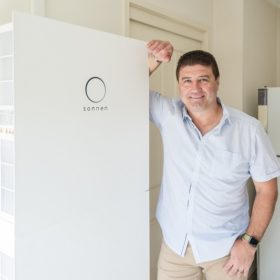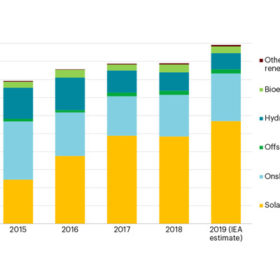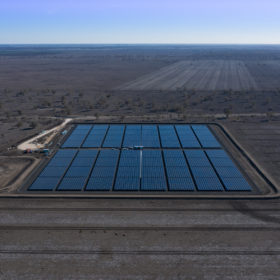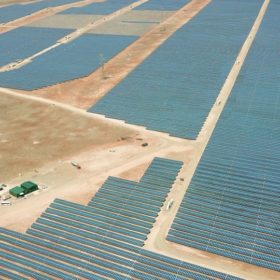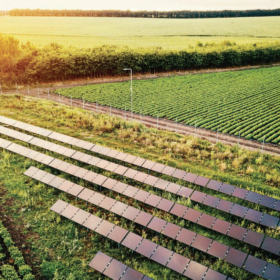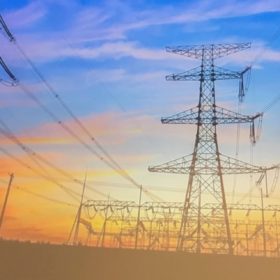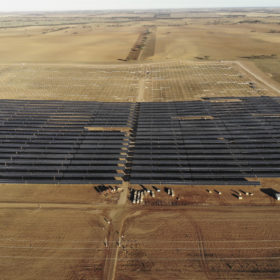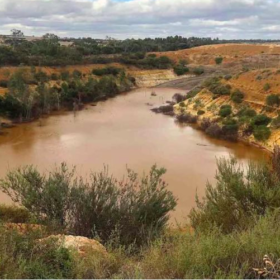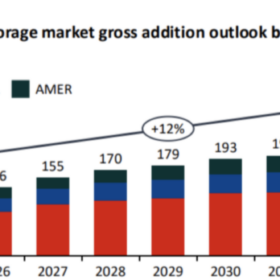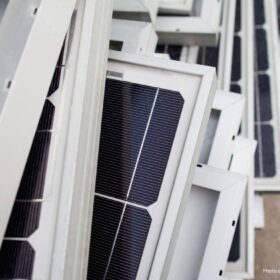sonnenFlat delivers $3,400 annual saving, less than 6-year payback
Natural Solar and sonnen have revealed that the first Australian family to adopt the sonnenFlat electricity retail model has saved more than $3,400 on their energy bills in the first year of operation. Given the $18,000 solar+storage price tag, payback for the system under the sonnenFlat is less than six years.
As EVs build momentum, why is electric aviation still grounded?
Why is electric aviation still up in the air? Or rather, why isn’t it up in the air? We have Teslas on our roads, Melbourne’s trams are powered by solar, and trains are connected to the grid already, but why is electric aviation lagging behind?
International Energy Agency forecasts 115 GW of new solar this year
The global expansion of PV, wind power and other clean energies will see double-digit growth this year as solar continues to lead the pack.
“Smart” solar farm switches on in northern NSW
While short of impressive in terms of size, the 9 MW project located near Moree is touted as one of Australia’s smartest solar farms. The project features both DC optimisers and DC coupled battery for central inverters.
Tailem Bend granted approval for self-forecast generation
The 95 MW solar farm in South Australia has become the first semi-dispatched renewable energy project in the National Electricity Market to switch from the Australian Energy Market Operator forecasting tool to the self-forecasting model.
CEFC helps Australian farmers tap clean energy to reduce costs and emissions
Agribusinesses now have access to a practical guide for reducing energy use and implementing cost-saving solar, biomass, wind and energy-storage technologies on the farm.
Transmission transition: why some poles and wires can go into storage!
Australia’s unwieldy and slow-to-adapt transmission network is one of the greatest roadblocks to continued development of renewable energy projects. Strategically deployed storage on transmission lines offers a flexible alternative to the upgrade and major build of new lines, says a new industry white paper.
Long read: Gridlock grips Australia’s PV developers
From the September edition of pv magazine Australia’s large-scale solar boom faces serious constraints in the form of a long and skinny electricity network – making some ideal sites unattractive to project developers. Legacy regulations and a lack of transparency have also caused last-minute roadblocks and costly delays for developers. How did transmission capacity and […]
Hydrostor secures financing to complete Australia’s first compressed air storage facility
Canada’s Hydrostor has closed US$37 million (AU$54,6 million) in growth financing. The company plans to use the funding to complete construction of the 5 MW/10 MWh Angas Project in South Australia and to advance its 2 GW pipeline of large-scale advanced compressed air energy storage projects.
ARENA investigates use of renewables in industrial process heating
The Australian Renewable Energy Agency (ARENA) is allocating $460,500 in funding to investigate opportunities for using renewables in process heating in manufacturing.
